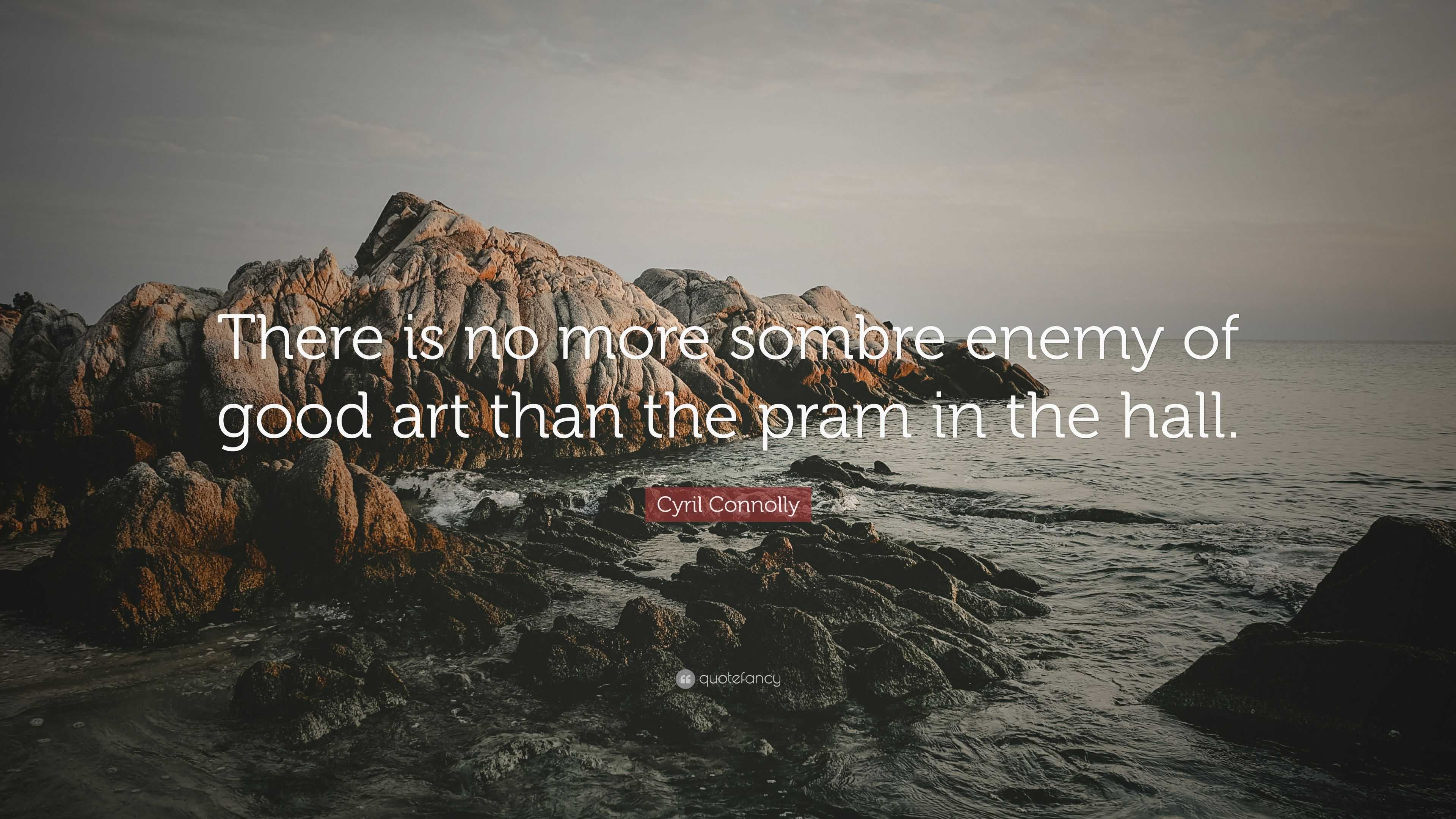

If people trust each other and their leaders, they’ll be able to work through disagreements.

An established body of research demonstrates the links between trust and corporate performance. Every time an individual manager violates the personal trust of her direct reports, for example, their organizational trust will be shaken.Īs difficult as it is to build and maintain trust within organizations, it’s critical. Are processes well designed, consistent, and fair? Does the company make good on its promises? Clearly these three types of trust are distinct, but they’re linked in important ways.

Do the managers treat employees fairly? Do they consider employees’ needs when making decisions about the business and put the company’s needs ahead of their own desires? The third is organizational trust-the trust people have not in any individual but in the company itself. Do top managers have the vision and competence to set the right course, allocate resources intelligently, fulfill the mission, and help the company succeed? The second is personal trust-the trust employees have in their own managers. The first is strategic trust-the trust employees have in the people running the show to make the right strategic decisions. Trust within an organization is further complicated by the fact that people use the word “trust” to refer to three different kinds. But if they think the organization acted in bad faith, they’ll rarely forgive-and they’ll never forget. That’s not usually an option for people in an organization, so they stick around. If things aren’t working out with a client, either party can walk away. In an organization, there’s a good chance you don’t, even if you’re in charge. With a client, you know if there’s a problem. In an organization, different groups have different and often conflicting goals. With a client, you can agree on desired outcomes up front. In an organization, people are bombarded with multiple, often contradictory messages every day. With a client, you can largely control the flow of communication. Trust within an organization is far more complicated and fragile than trust between, say, a consultant and a client. It takes skills, smart supporting processes, and unwavering attention on the part of top managers. What accounts for the gap between the two sets of answers? With their differing responses, the managers are simply acknowledging a fact of organizational life: It takes more than personal integrity to build a trusting, trustworthy organization. Because we’ve asked this question many times, we’re pretty sure we know what you’ll hear: A sizable percentage will say they have little or no confidence in the group’s capacity to build and maintain trust. Their answers to the second half of the question will likely reflect their beliefs about personal integrity you’ll hear things like “I’m straight with my people” or “She keeps her promises.” A little later, ask them whether they think they and their colleagues are capable of building trust within the organization. Most will claim that they themselves are trustworthy and that most of their colleagues are as well.

Ask a group of managers in your company whether they and their closest managerial colleagues are trustworthy and, if so, how they know.


 0 kommentar(er)
0 kommentar(er)
